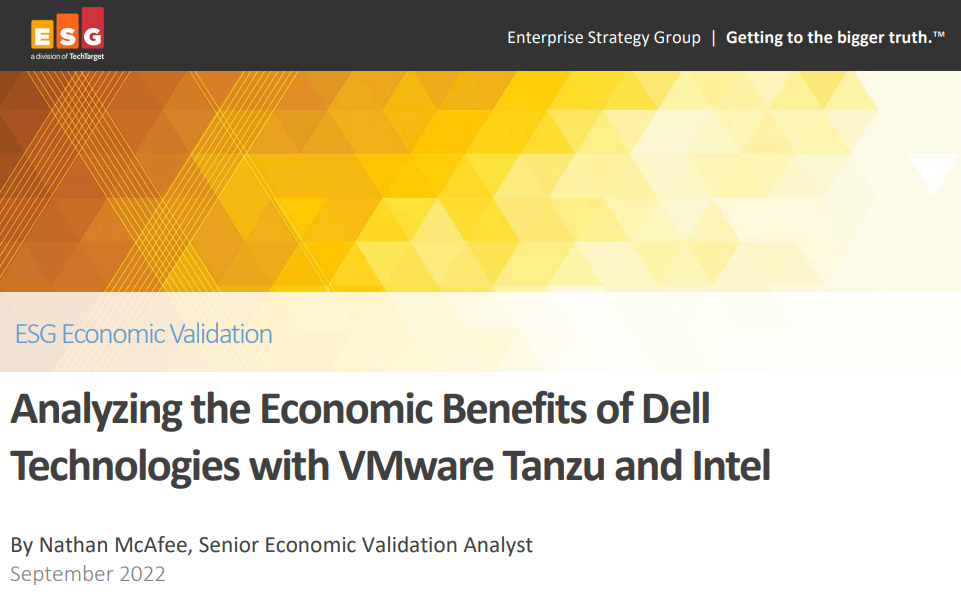Ubuntu publisher Canonical to assume control of LXD
Linux Containers team “regrets” decision to make tool a project of the Ubuntu vendor


The LXD project, an open-source container management extension for Linux Containers (LXC), is to be brought under the umbrella of Canonical’s own projects.
The decision by Canonical, the creator and main contributor to the project, comes after LXD had spent more than eight years as part of the LXC community.
LXC said its team “regrets” the situation but respects Canonical’s decision to bring it under its own watch. The transition period is now underway.
Canonical did not immediately respond to a request for comment on the decision.
RELATED RESOURCE

Analyzing the economic benefits of Dell Technologies with VMware Tanzu & Intel
Download now for a full understanding of the complexities of IT infrastructure modernization
Changes will include a repository location change, a move of the LXD CI infrastructure to Canonical and a redirect to an Ubuntu domain for visitors looking for the project on Linux Containers’ website.
The branding on social media will also change as the YouTube channel is handed over to the Canonical team and the existing LXD section on the LXC community forum will be sunsetted.
It is unclear when the latter action will take place.
Sign up today and you will receive a free copy of our Future Focus 2025 report - the leading guidance on AI, cybersecurity and other IT challenges as per 700+ senior executives
After noting that there was no reasonable way to shift content from the existing LXD forum to its new home on the Ubuntu Discourse forum, project member Stéphane Graber said “We won’t be deleting anything though and this forum will still exist for the other projects that remain under Linux Containers”.
While the rest of the Linux Containers projects are unaffected by the change, there will be a change to image building - although the image server will continue operating as normal. Image building will no longer rely on Canonical systems, limiting the architectures on offer to x86_64 and aarch64.
What is LXD?
LXD is a management tool for system containers and virtual machines (VMs). According to Canonical, “LXD containers offer the density and efficiency of containers with a VM-like experience.”
Canonical was the creator of the tool and its largest contributor.
LXD improves on and extends existing LXC features and represents an alternative to other container platforms, such as Docker. However, while Docker can run application container instances, LXC with LXD creates instances more akin to a lightweight VM.
What is the reaction?
The community is likely to be disappointed by the timing of Canonical’s announcement, since parts of the open-source world are still processing Red Hat’s decision regarding the availability of the source code to Red Hat Enterprise Linux.
The LXD team noted the likelihood of some “bumpiness” during the migration to Canonical’s infrastructure, but users are unlikely to notice too much change in the short term.
The reaction from the community has been mixed. Some users on Reddit speculated that the move could be connected to the recently released preview of the LXD graphical user interface while others wondered if there was a connection to Red Hat’s move.
One commenter noted: “It is really sad that more people aren't aware of LXD, because it is a really good solution of a number of projects and it's really well done".

Richard Speed is an expert in databases, DevOps and IT regulations and governance. He was previously a Staff Writer for ITPro, CloudPro and ChannelPro, before going freelance. He first joined Future in 2023 having worked as a reporter for The Register. He has also attended numerous domestic and international events, including Microsoft's Build and Ignite conferences and both US and EU KubeCons.
Prior to joining The Register, he spent a number of years working in IT in the pharmaceutical and financial sectors.
-
 How businesses can make their cybersecurity training stick?
How businesses can make their cybersecurity training stick?In-depth Who in the modern business needs cybersecurity training – and what key factors should firms keep in mind?
-
 Mitigating bad bots
Mitigating bad botsSponsored Podcast Web crawlers pose an immediate business risk, necessitating immediate action from IT leaders